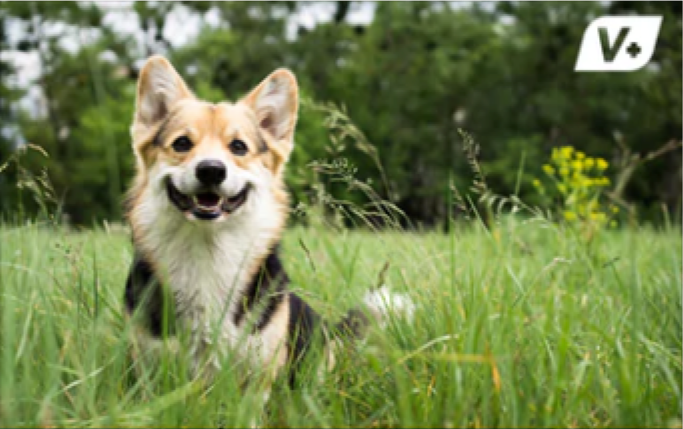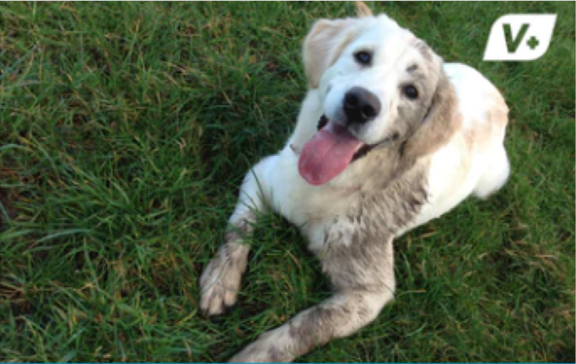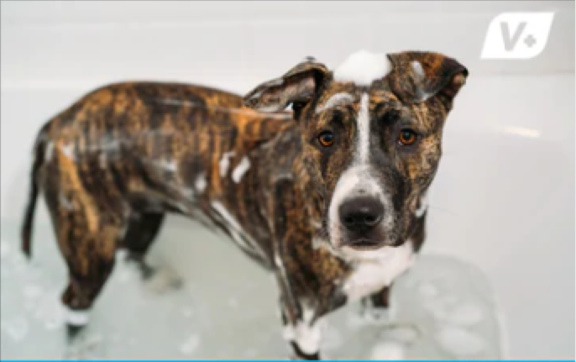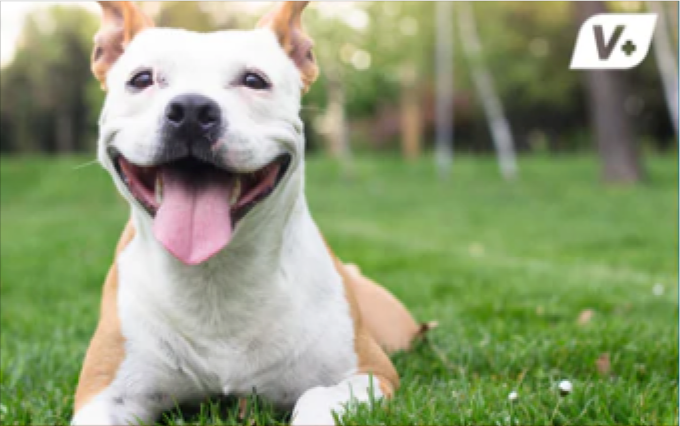Our homes are filled with threats and hazards that put our pets at risk. Not only are there hazards at home, but in our backyards and out in our neighborhoods. If you’re wondering what household items can harm a dog or cat, here we look at the top threats and hazards for pets to help keep them safe and healthy.
Top Household Threats & Hazards for Pets
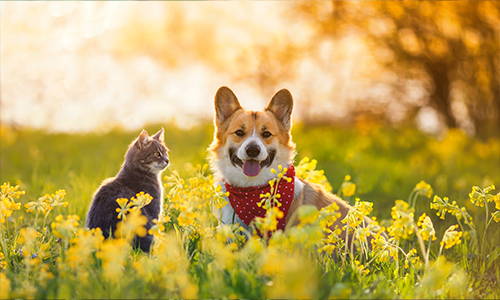
Many pet owners are unaware that food and drinks safe for us, could pose potential health risks for our pets including:
- Coffee grounds and tea bags
- Fatty foods
- Chocolate
- Avocado
- Alcohol
- Yeast dough
- Grapes/raisins
- Salt
- Macadamia nuts
- Onions
- Garlic
- Mushrooms
- Any products containing the artificial sweetener xylitol (including some peanut butters)
- Rotting food
Pet Health Tip from Vetnique
The best way to protect your pets from unsafe foods is to make sure your garbage is out of reach. This reduces the risk of contact with rotting food as well as any of the above foods you might have tossed in the garbage. These foods should also be kept in closed cupboards where pets can’t access them easily.
Household Items Poisonous to Dogs and Cats
- Proper Use: First be sure you follow the instructions on the label whenever using your cleaning products. Many indicate you need to keep pets and children away from the area until the product is dry for example. Others might indicate they should only be used in well-ventilated areas, or that they must be rinsed away.
- Proper Storage: Cleaning products should be stored in a secure, preferably locked cupboard and always in their original packaging. This ensures you know what it is, and also that you follow the instructions for use.
Medications and Bathroom Items
- Anti-inflammatory drugs including ibuprofen, aspirin, or naproxen
- Acetaminophen
- Diet Pills/Vitamins
- Cold Medicines and antihistamines
- All prescription drugs including antidepressants
- Bath and hand soaps
- Toothpaste
- Sunscreens and lotions
- Scented candles
- Potpourri
Garage
- Antifreeze
- Herbicides
- Insecticides
- Coolants
- Fertilizers
- Weed killers
- Ice-melting products
- Gasoline
- Adhesives
- Paints and Solvents
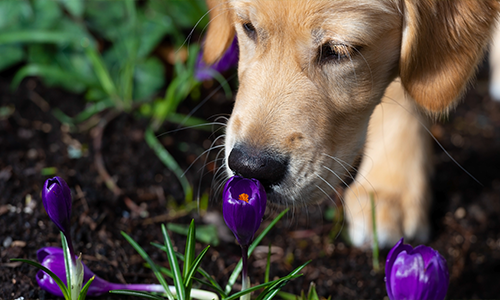
Plants
- Lilies
- Lily of the Valley
- Oleander
- Yew
- Foxglove
- Kalanchoe
- Sago palms
- Azaleas
- Rhododendrons
- Tulip/narcissus bulbs
- Castor bean
- Cyclamen
- Amaryllis
- Chrysanthemums
- Pothos
- English ivy
- Philodendron
- Corn plant
- Mother-in-law’s tongue
- Hibiscus
- Hydrangea
- Peace lily
- Schefflera/schefflera.
- Rhubarb leaves
- Shamrock
- Yesterday-today-and-tomorrow plant
- Autumn crocus
- Glory lily
Other Hazards
- Tobacco
- Batteries
- Small items that pose choking hazards
- Coins especially pennies
- Electrical cords
- Marijuana and other narcotics
- Unfamiliar household pets
- Wildlife such as coyotes, bears, snakes or raccoons (depending on your location)
- Cars and other street traffic
- Toxic plants
- Chemical fertilizers and pesticides
Putting the Vet in Vetnique
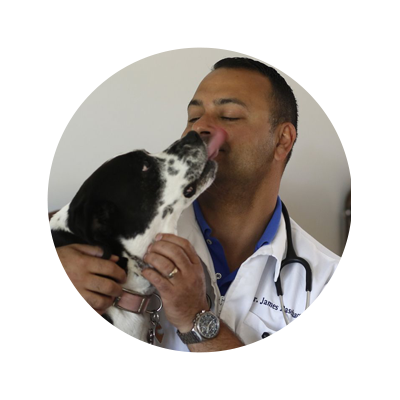
Pet Parents are Also Reading
Join the Pack!
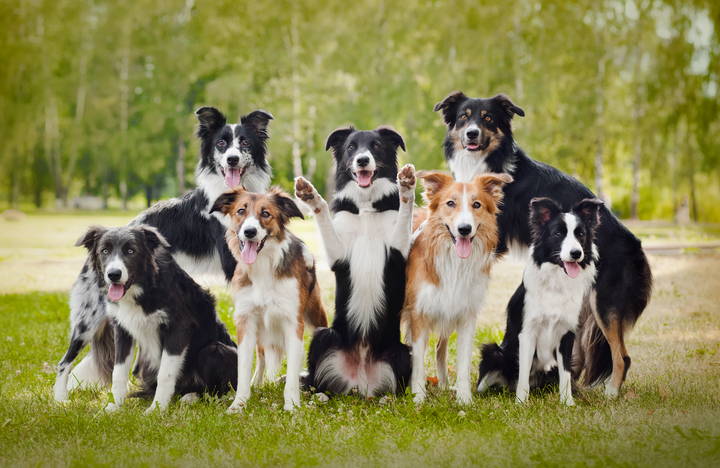
Sign up for exclusive deals, curated pet tips from veterinarians, and product launches!
Pet Parents are Also Reading...
May, 2022
Related Articles

Join The Pack
Sign up for exclusive deals, curated pet tips from veterinarians, and product launches!










